038 #amld2018
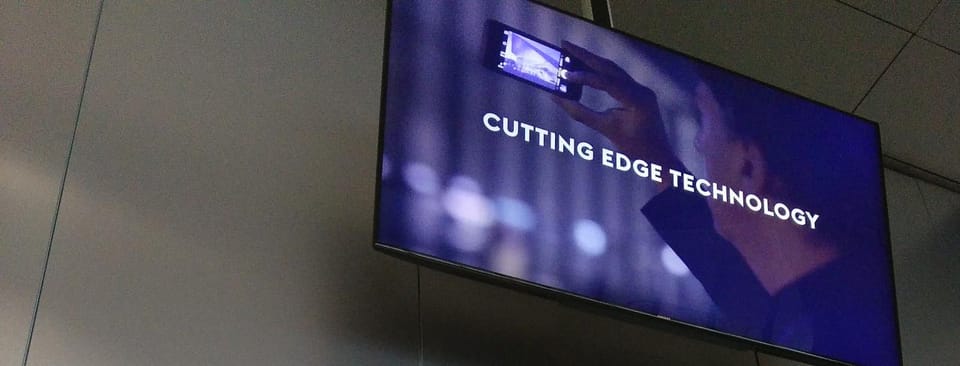
The Open Food Data Hackdays, a two day workshop of the Applied Machine Learning Days EPFL in Lausanne, Switzerland were a terrific weekend of brainstorming and code, outstandingly organized by Nikki Böhler and Hannes Gassert from Opendata.ch, supported by enthusiastic groups joining in the fray. In 2018 we are again ignited by open data and its potential to change minds. Finally came the day. We managed to elbow our way through crowds of unsupervised A.I. enthusiasts..
— BIG DIVE (@bigdive_eu) January 27, 2018
Listened to 10 insight-ful challenge presentations early on Saturday morning..
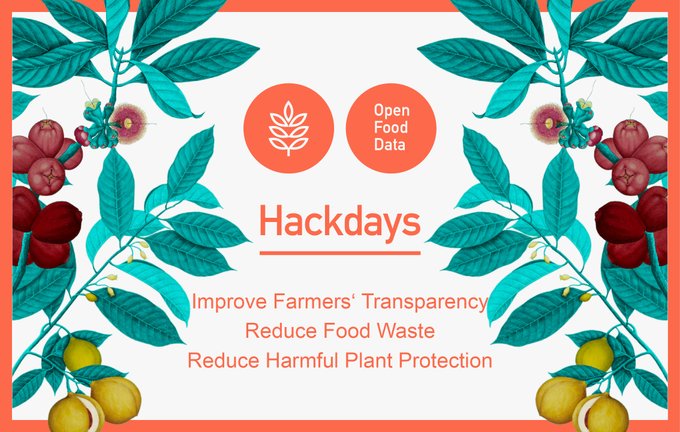
Downloaded community datasets refreshed by the School of Data..
— School of Data CH (@schoolofdata_ch) January 22, 2018
..and formed teams to get the data and tackle them. The game is on! 🏆
— Hannes Gassert (@hannesgassert) January 27, 2018
🚀 See all the challenges and resulting projects presented at the Open Food Data Hackdays in Lausanne at hack.opendata.ch. Sign up to the Basel Hackdays if you can join us for part II on February 16-17! Keep reading to find out more about my experience at part I.
#bigdata
The AMLD event set an awesome context for the Hackdays: several of our challengers presented "big open data", and deep know-how was all around. We set up a Tensors channel on our team chat for teams to discuss machine learning (ML) techniques. I shared a bunch of links to learning resources and starting points.
The Prognolite and SNAQ challenges in particular recommended datasets in excess of a million rows or a hundred thousand images. The EPFL's CrowdAI.org suggests we try to "Solve real-world problems using open data" - a great call to action 👍
And OpenML.org promises help to "explore machine learning better, together!" 🤝
In the words of Luke de Oliveira in Fueling the AI Gold Rush:
Though not at the forefront of the AI hype train, the unsung hero of the AI revolution is data — lots and lots of labeled and annotated data, curated with the elbow grease of great research groups and companies who recognize that the democratization of data is a necessary step towards accelerating AI.
Are neural net hacks appropriate for an open data hackday? Heck, yeah! I am always happy to see phat datasets explored with analytical tools. I would welcome ML users and developers as a key audience, and encourage everyone to give these tools a try - learn a few tricks before the tricks learn you, so to speak. Now on to some practice of what was preached.
#raclette
Having troubles finding a good & reliable reference to add in #wikidata that wd:Q20748 (Raclette) has country of origin Switzerland. It currently says France. 🤔Anyone a good pointer? #opendatach #switzerland
— Cristina Sarasua (@csarasuagar) January 26, 2018
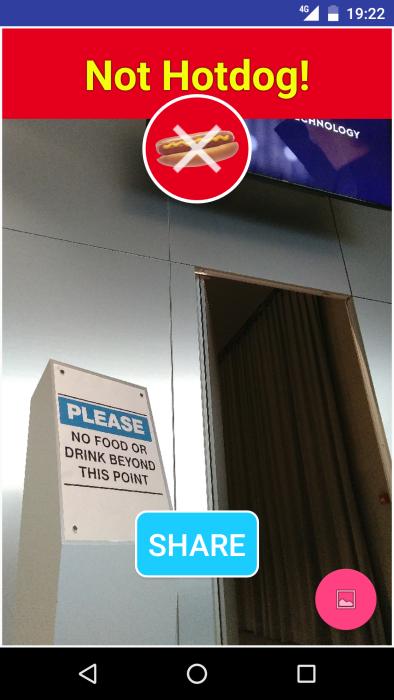
Inspired by a tweet (A: it's a long story..), and an (in)famous app on my phone from Silicon Valley (no, not that one, the TV show) called Not Hotdog (what a hack!), I wanted to see if we can let the A.I. loose on a typical Swiss winter dish, which should automatically decide whether an image is Raclette,  raclette/screenshot.jpg)](/workshops/2018/foodhackdays/not_raclette/#testing)
raclette/screenshot.jpg)](/workshops/2018/foodhackdays/not_raclette/#testing)
This kind of functionality lends itself to interesting use cases, such as helping people (tourists!) figure out the contents of their meal. Something being seriously explored by the Open Food Repo and SNAQ projects. Using my proof-of-concept as a bootstrap, I'm proposing (Not) Raclette! as a challenge for part II of the Open Food Hackdays.
A Jupyter notebook can be viewed here or downloaded from gist.github.com, and run again on a training set of images - like the small one I collected for this demo. Some tips on running the code are at hack.opendata.ch, and I'm happy to chat about it at team.opendata.ch.
With special thanks to @syllogismos for mentorship, to zouying for the bootstrap, to the AMLD2018 crew at EPFL for hosting us this weekend, and congrats to all our astounding Hackday participants. Looking forward to see how things go in Basel!
Time to melt some GPUs, er, I mean, cheese :D
See also:


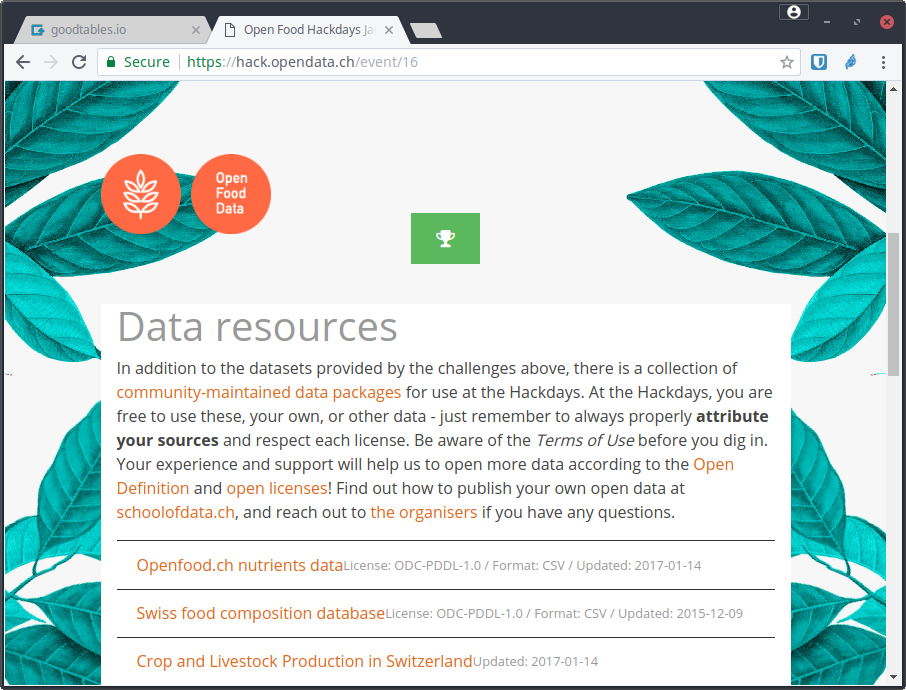

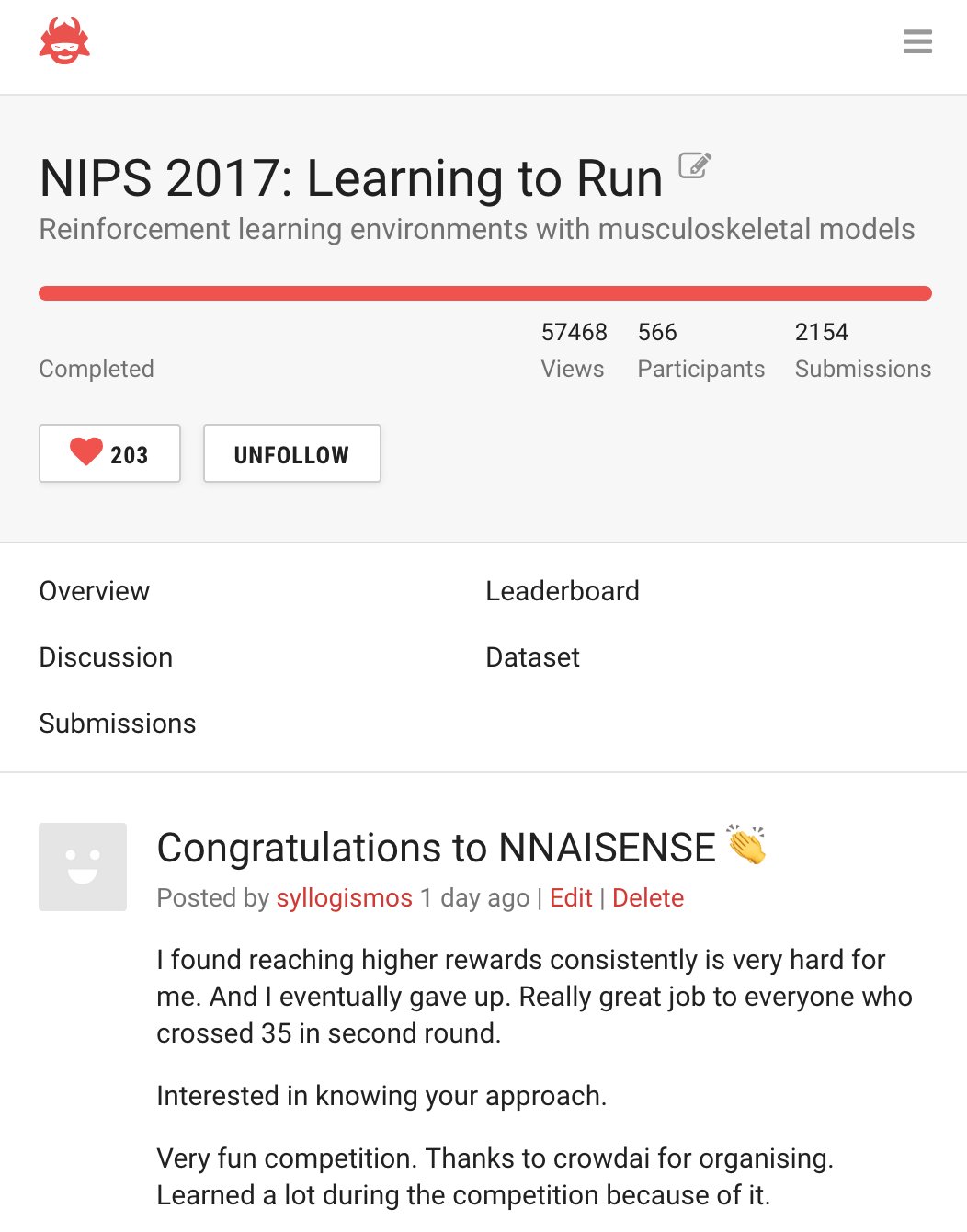


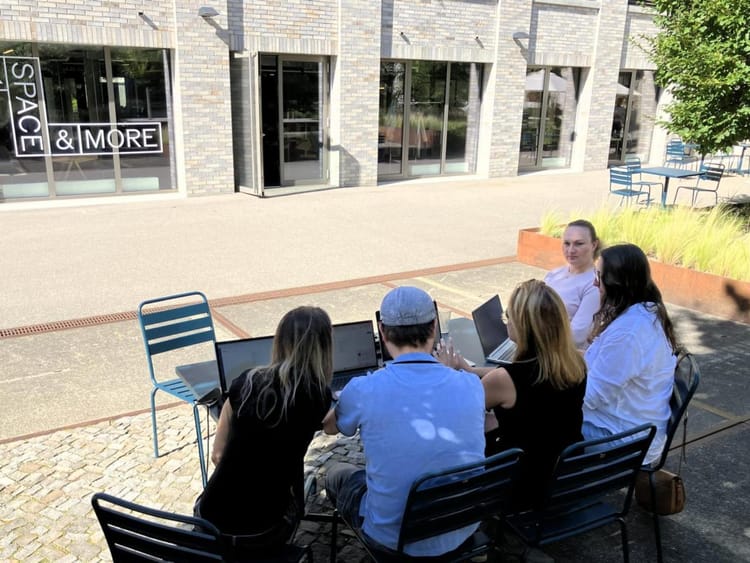
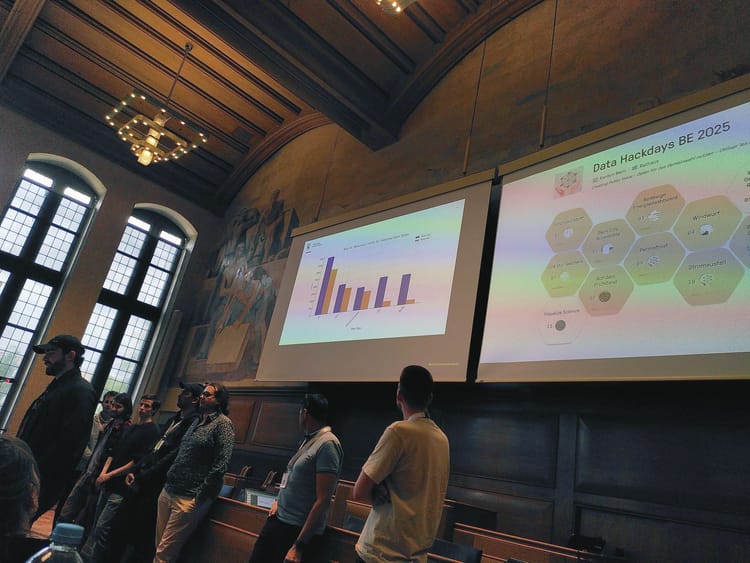
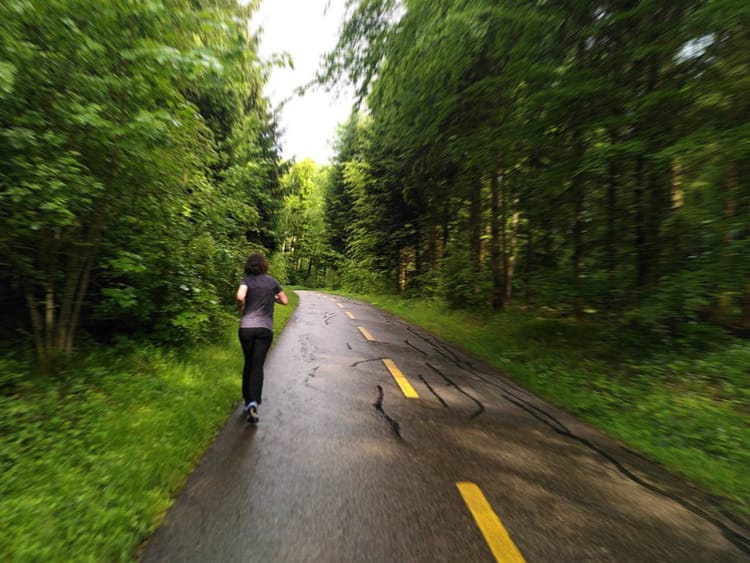
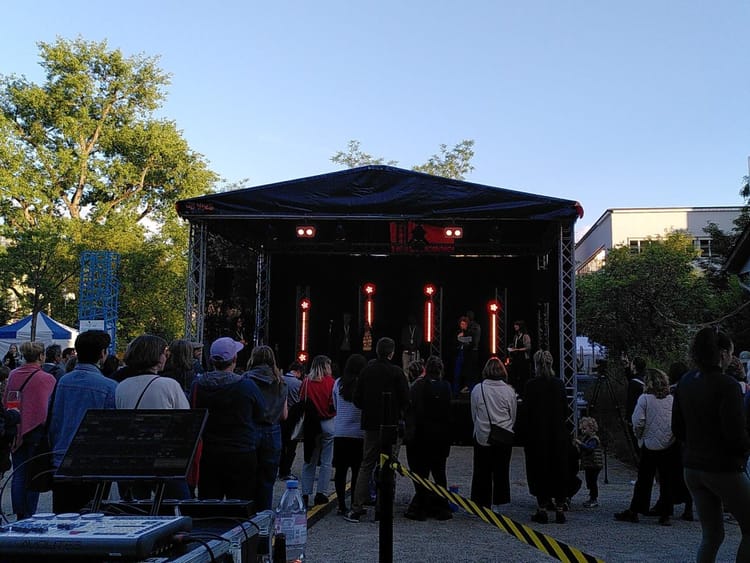
 The works on this blog are licensed under a Creative Commons Attribution 4.0 International License
The works on this blog are licensed under a Creative Commons Attribution 4.0 International License